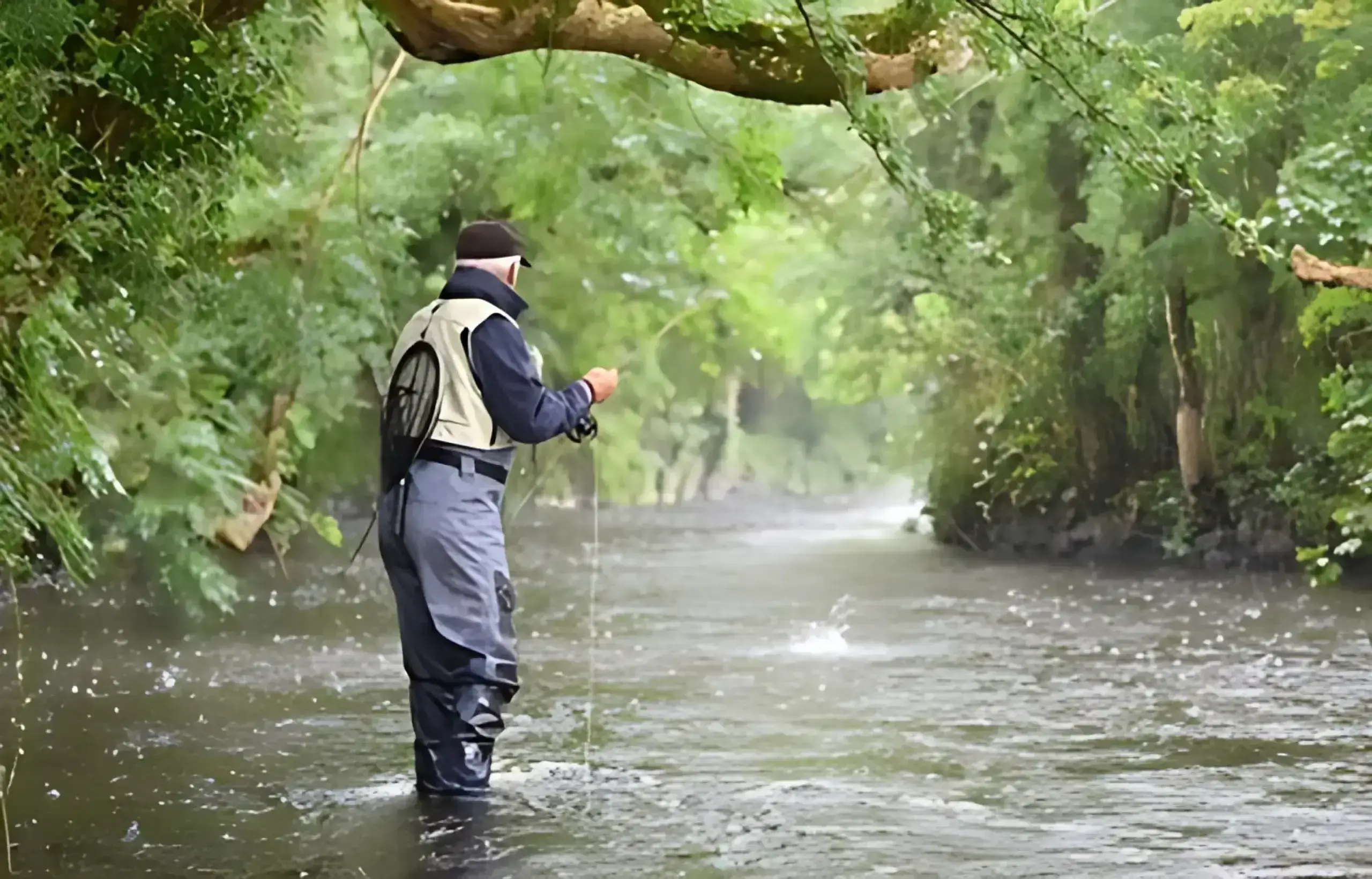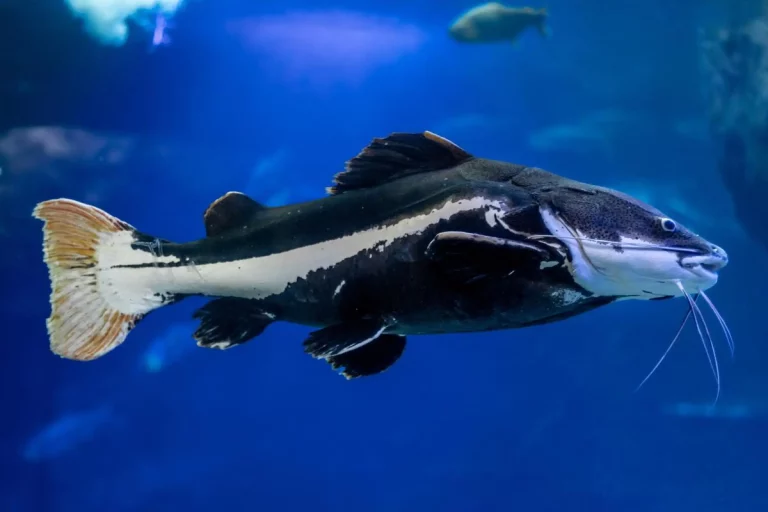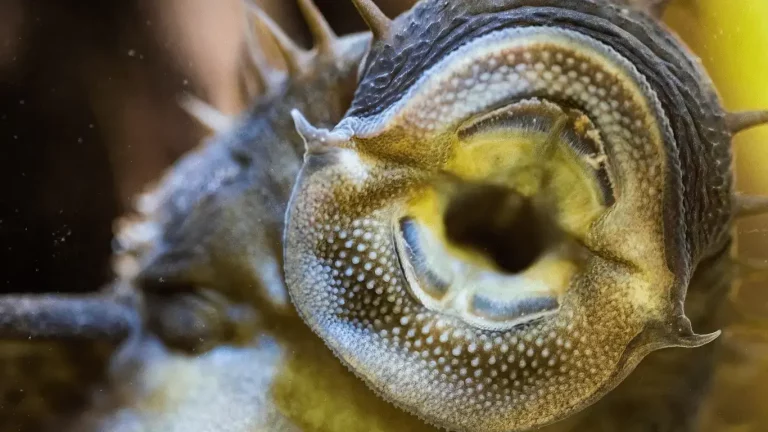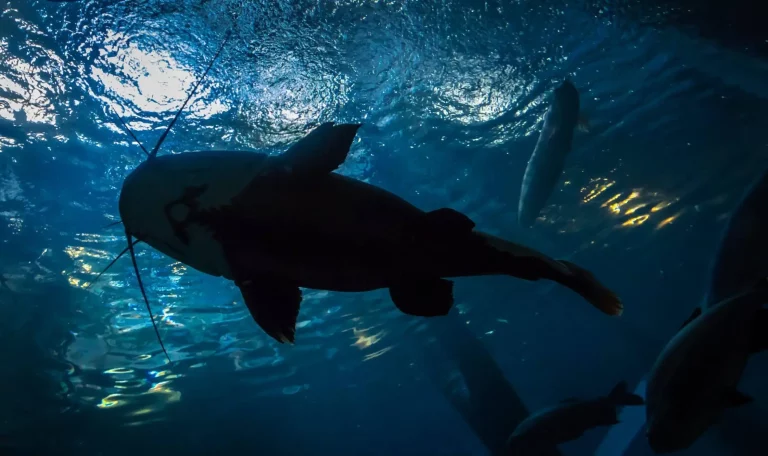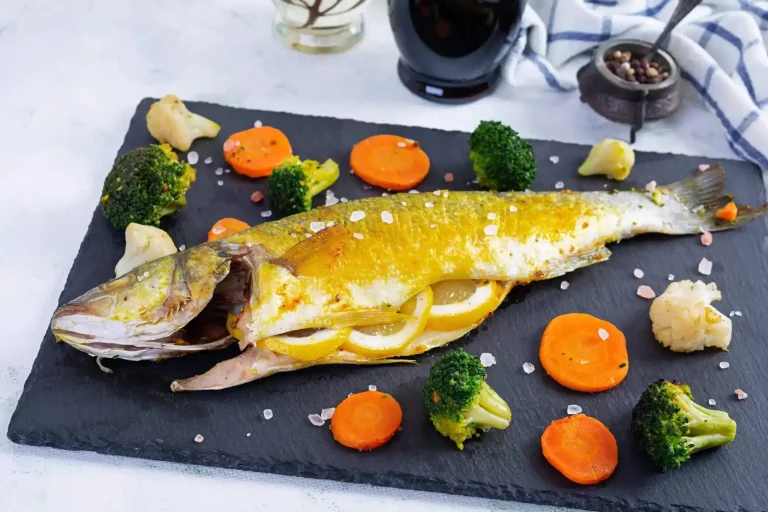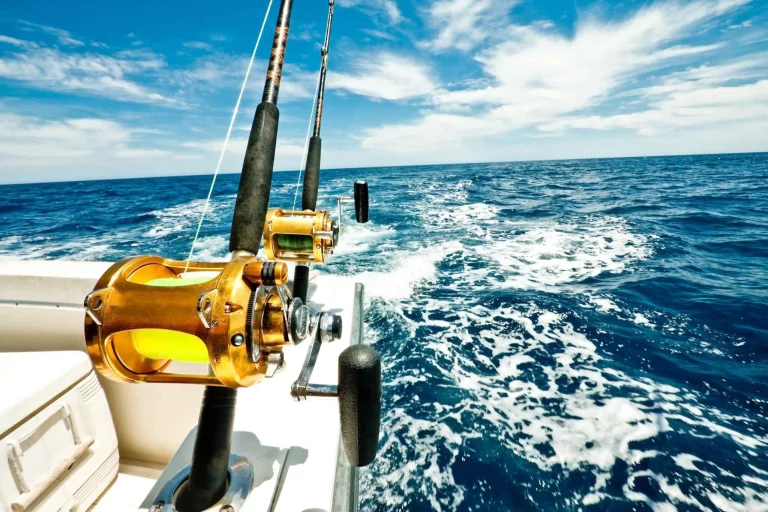Fishing in the rain
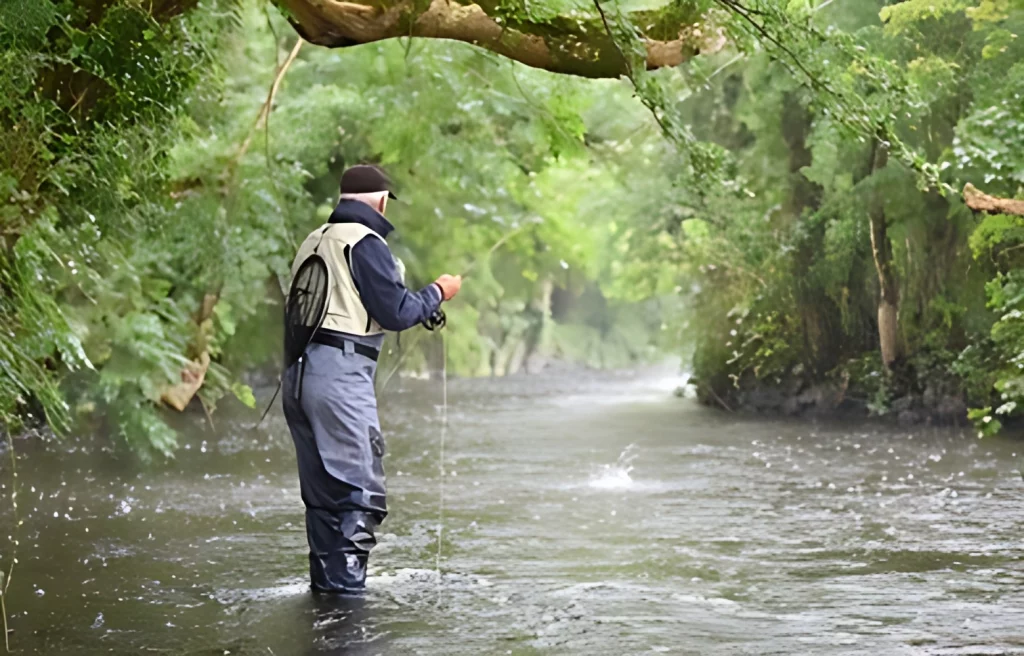
The weather deteriorated, and you could not go fishing in the rain as you had planned to.
Where should I go while it’s pouring heavily?
Fishing in the rain is possible, and in certain situations, wet weather might aid you in catching fish.
The rain brings a variety of insects and worms to the river, which affects river flows. As a result, fish will be drawn to it in search of food.
It is also confirmed for lakes.
Unlike the sun, which makes for brighter circumstances during the day, clouds give a dark backdrop, which might work in your favor. You now have the chance to take advantage of the current circumstances in the best possible way! Anglers need to consider their requirements while fishing in the rain and the potential threats they may encounter. We’ll explore how rain affects different species of fish, what gear to use, and how to plan yourself in this article.
Contents
Is it good to go fishing in the rain?
Depending on the year, rain may be beneficial to anglers. Most of the time, rain won’t be a benefit in early spring because the water levels are high and the temperatures are low. Moderate rainfall is ideal for fishing in the hotter months of the year when water levels are lower. The same holds for periods after exceptionally severe rains (storms). The most important thing to remember is to avoid fishing during thunderstorms and lightning storms, which may be pretty deadly.
Rain, as previously mentioned, agitates the water’s microorganisms while also carrying tiny worms and insects into the water. This event draws fish to the area. In addition to cooling the water, rain may also distort and darken it, affecting its appearance. Large fish move around a lot more than normal when the circumstances are like that. Rainy days are ideal for using larger spinners since they are easier to see when no direct sunshine is present. Later, we’ll talk about different methods for different kinds of fish. A rainstorm will darken the water in a lake with clear water, ideal for fishing. As opposed to rivers, lakes are more vulnerable to hypoxia during the year’s hottest and driest months. Fish won’t be able to see you and your fishing equipment because of the rain’s reduced visibility, which will chill the water and restore oxygen.
Rainfall may muddy and “densify” the water. It’s not uncommon for rain to carry a lot of muck with it, taking live animals into the sea. Fishing would be difficult under those circumstances. As a precaution, you should look for a clear place for mudflows from riverbanks. In the absence of a boat, this issue is much more severe.
Suppose it has been raining heavily for several days before your fishing excursion. In that case, you might encounter this issue, which allows you to think about potential fishing spots in advance, saving you valuable fishing time.
Is fishing better before or after rain?
When it comes to rainstorms, it is best to go fishing before they arrive.
Pre-storm conditions are ideal for fish activity because of the reduced air pressure. The best time to capture a fish, or several fish, is during a feeding frenzy. If you’re fishing in stormy weather, you won’t have to worry about fish activity slowing down. During the last stages of a storm, pressure rises, and fish are more likely to be seen. Fish will resume their normal behavior or become more sedentary when the storm has passed.
The benefits of fishing before a storm throughout the summer and early fall months may be enormous, especially if you do it early. Furthermore, thunderstorms that are highly damaging but do not endure for an extended period are more common during this time of the year. For anglers who wish to exploit the weather, the bass is one of the most responsive species. For those who cannot accurately anticipate the weather, several websites and smartphone apps are available that are accurate and easy to use. The barometer may also be purchased and taken with you when fishing.
Fishing in the rain for trout, carp, and bass:
Weather-wise, the best fish for trout, carp, and bass include: During wet weather, trout, carp, and bass are most sensitive to changes in light and oxygen levels, whereas bass are most sensitive to changes in water velocity. The rain will be your finest ally when fishing for them, regardless of which one you want to capture.
For trout:
When the sun isn’t shining, trout become more active.
Because they can’t be seen as well in low light, they prefer to stalk their prey at night.
The best time to fly fish for trout is when it is raining.
Typically, the best time to catch trout is in the early morning or late evening, when there is less light pollution. Throughout the day, clouds and rain provide the same circumstances. When it rains, insects wash into the water, attracting trout. Use this opportunity to set out your lure. Even though this is prime dry fly fishing season, you should also consider going deeper. Small water invertebrates, which are vital for trout, are also agitated at this time. The use of sinking flies here is advantageous.
For carp:
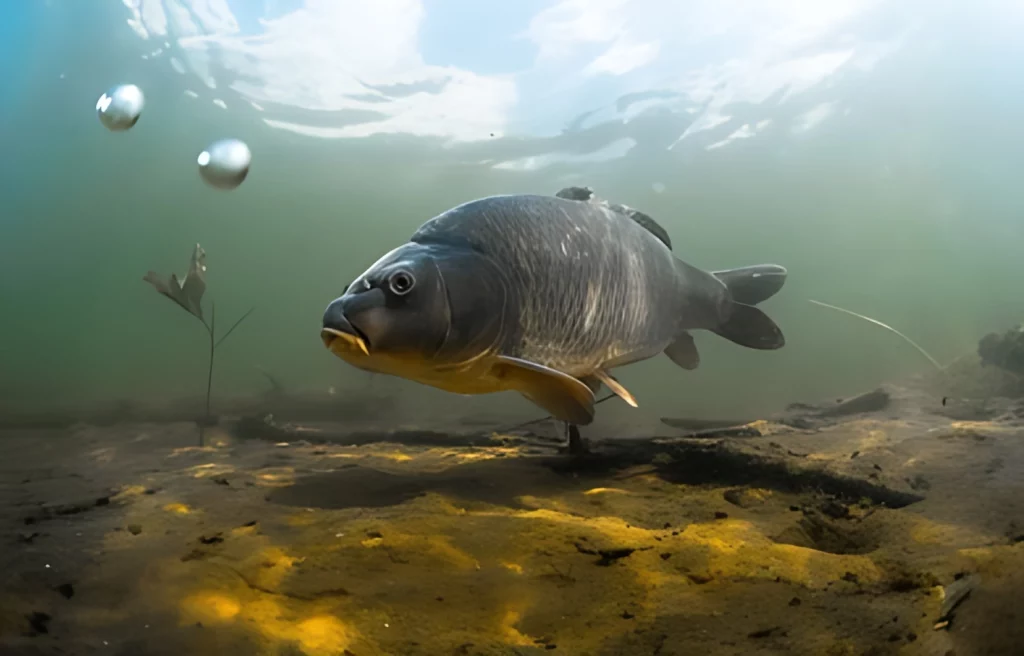
It is possible to catch carp when fishing in the rain, although this is dependent on the time of year. Rapid downpours harm carp activity throughout the warmer months. Preparation for the shower increases their activity. The rain will further chill the water, making the carp less active during the spring months when the water temperature is lower. If it’s windy, try to find a protected area for your carp because they seem to be more sensitive to wind than other fish (bass, for example). In addition to rain, carp are also sensitive to low oxygen levels, which is why they react.
For Bass:
Although fishing in the rain is a great idea, it might be challenging to find fish at first because the rain affects the fish’s movement patterns. There is a good possibility that bass are around if you can find baitfish in these conditions.
It is best to fish on the downwind side of the lake because water motion transports little fish. When the weather is bad, keep an eye out for natural hiding spots for little fish like these. Bass will be on the prowl, so search for them.
Keep a safe distance from the fish while fishing for bass under normal conditions. When fishing in the rain, you’re less apparent to the bass, allowing you to go closer to them and catch them. You’ll have more control over your casting, and your lure will create less of a splash when it hits the water’s surface.
Because the bass are more active than average right now, consider using topwater lures. When it’s raining, they’re more aggressive and can travel quicker if you’re using spinners. Do not leave worms in one location for too long since Bass are swimming around, not lurking from their hiding place.
Be prepared for rain; you must have fishing rain gear.
Fishing in the rain necessitates the purchase of high-quality rainwear.
Imagine not being able to go fishing for much of the year because you’re always soaked in rain and chilly.
To keep you dry and toasty, you’ll need a rain suit and boots.
No, “emergency” rain suits or low-cost jackets will not do the trick. Pick for a jacket, jeans, boots, or boot coverings at a specialty store.
You can wear clothes that can withstand the physical demands of moving, walking, and working with your equipment.
Fishing Rain Suits:
A wide variety of manufacturers are available for your consideration, but only high-quality items should be considered for purchase.
Make sure the price is within your means. It’s usually easy to go around in, and it contains a lot of pockets.
The more waterproof and hefty it is, the less breathable it will be, so you have to pick which choice is ideal.
Although they are comfier, light ones are frequently less durable. If you don’t mind spending a lot of money, you can find high-end choices that combine durability, comfort, and breathability.
If you’re starting, the best choice would be a rain suit that you could also use for other outdoor pursuits in the future. Always check for tightness and a proper fit for zippers, buttons, and sleeve cuffs.
Conclusion:
Even when it’s raining, fishing may be more productive than when it’s bright and warm.
When it rains, the majority of fish species respond.
Fishing may be a great experience if you utilize adequate equipment and know where you’re going.
Also, keep an eye out for lightning and thunder to keep yourself safe.
Although rain alters fish behavior, fishing in the rain is quite comparable to fishing in dry circumstances from a technical standpoint, and it is far more productive. Fishing is one of the few better activities in the rain during the summer and fall, so don’t worry about terrible weather forecasts.

